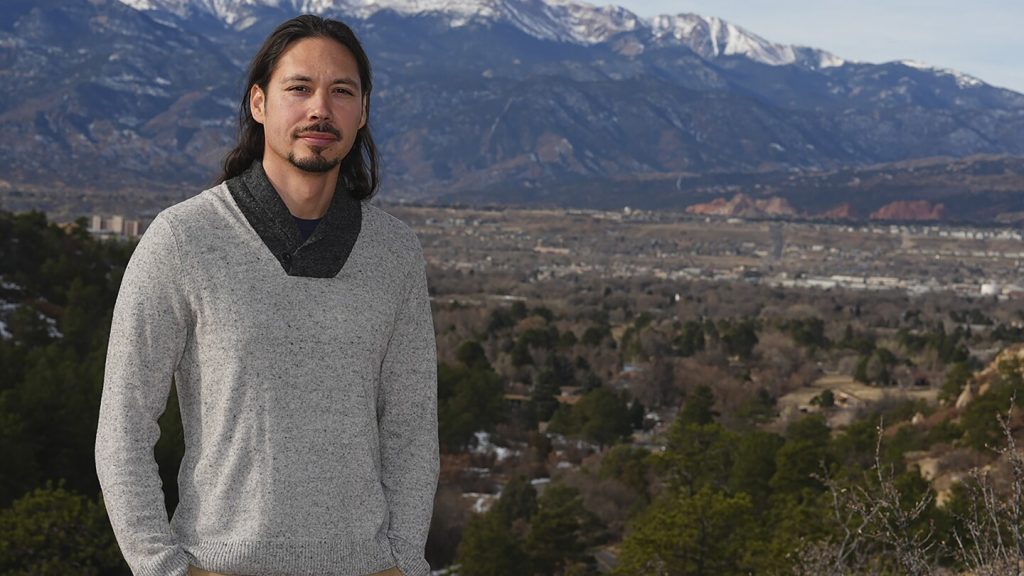Colorado Springs, Colo. is currently facing a clash over psychedelic therapy as the state of Colorado becomes the second state to legalize the therapeutic use of psilocybin. This decision comes after Colorado residents voted to legalize psychedelic therapy in a 2022 ballot measure. Following two years of rulemaking, companies and individuals can now apply for licenses to administer the mind-altering drug to treat conditions such as depression and PTSD. However, treatment will not be immediately available as applications are processed, and the drug remains illegal in most other states and federally.
In a City Council meeting in Colorado Springs, members were set to vote on extending the state prohibition on healing centers to further restrict the treatment. Despite objections from some of the city’s 90,000 veterans who have become advocates for psychedelic therapy to treat post-traumatic stress disorder. Veterans at the meeting urged the council not to pass restrictions that would limit the number of centers and increase waiting lists for treatment. The issue has garnered support from conservatives, including Councilmember David Leinweber, who expressed his backing for greater access to psilocybin therapy, distinguishing it from other politically charged drug policies such as marijuana legalization.
Colorado Springs, home to several military installations, including the U.S. Air Force Academy, is a community that many regard as ideal for retired service members. While some city councilmembers, including veterans themselves, support the use of psychedelic therapy, they emphasize the need for strict requirements and regulation. The City Council ultimately passed the proposed restrictions, despite the potential benefits that psychedelic drugs have shown in helping individuals with conditions such as alcoholism, depression, and PTSD. There are concerns about the risks associated with the treatment and the need for further research to understand its therapeutic efficacy fully.
In Oregon, where psychedelic treatments began in June 2023, sessions can cost up to $2,000, raising financial barriers for some individuals. Despite the positive outcomes observed in the state, there remain concerns about the lack of FDA approval for psilocybin to treat mental health conditions. Clinical trials for psychedelic drugs such as psilocybin and MDMA continue to be underway, as researchers, advocacy groups, and veterans advocate for broader access to psychedelic therapy. Advocates argue that psychedelic therapy offers a potentially valuable tool to address mental health crises and provide an alternative to traditional treatments such as talk therapy and antidepressants.
Some veterans, like Lane Belone, have shared their personal experiences with psychedelic therapy, highlighting its impact on their mental health and well-being. Belone, a special forces veteran, expressed how a psychedelic experience with psilocybin helped him connect his fears from his military experience to his anxiety at home. While acknowledging that the treatment did not solve all his struggles overnight, he emphasized how it allowed him to better understand and manage his fears. Despite the challenges and debates surrounding psychedelic therapy, advocates believe it can be a valuable addition to the toolbox for addressing mental health issues in individuals who have not found relief from traditional treatments.


